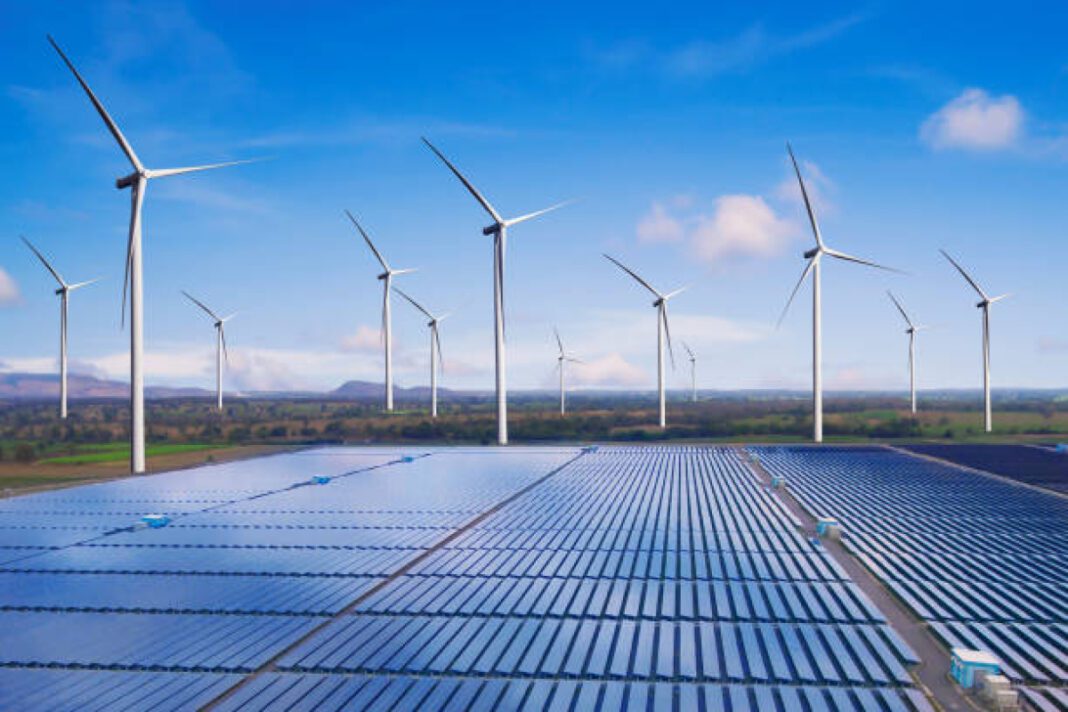Telangana’s state cabinet has approved an ambitious green and renewable energy policy designed to position the state as a leader in sustainable energy development. The policy sets a target to generate Rs 1.98 trillion in investments and create approximately 114,000 jobs over the next decade. One of the core objectives is to add 20,000 megawatts (MW) of renewable energy capacity by 2030, significantly contributing to the state’s energy needs and economic growth.
To facilitate this transformation, the policy offers a range of incentives to attract investment and support green energy projects. Notably, the government will reimburse the stamp duty for land acquired for renewable energy projects and provide an eight-year electricity duty exemption for micro, small, and medium enterprises (MSMEs) using solar or wind energy. Additionally, approvals for renewable projects will be streamlined through the Telangana State Industrial Project Approval and Self-Certification System (TS-iPASS), eliminating the need for pollution control board no-objection certificates (NOCs) and simplifying the process.
Other incentives include reimbursements for water charges for solar facilities and refunds for the state’s share of GST related to capital investments in green projects. The government plans to promote rooftop solar installations across public buildings, government schools, and village panchayat offices. Furthermore, the land designated for renewable energy projects will be classified as non-agricultural, with minimal restrictions on land use, allowing both private and government-owned land to be used for new renewable plants. To further enhance the renewable energy landscape, the policy will encourage women’s self-help groups to set up solar power plants and support floating solar projects on designated reservoirs.
The government also intends to foster innovation in renewable energy through the establishment of a renewable energy incubation centre, which will focus on advanced technologies like wind power, green hydrogen, and hybrid energy projects. With electricity demand expected to double by 2034, Telangana aims to meet future energy requirements while advancing its sustainable energy goals. By emphasizing solar, wind, and hybrid energy, the state is paving the way for a greener future while driving investment and job creation.





